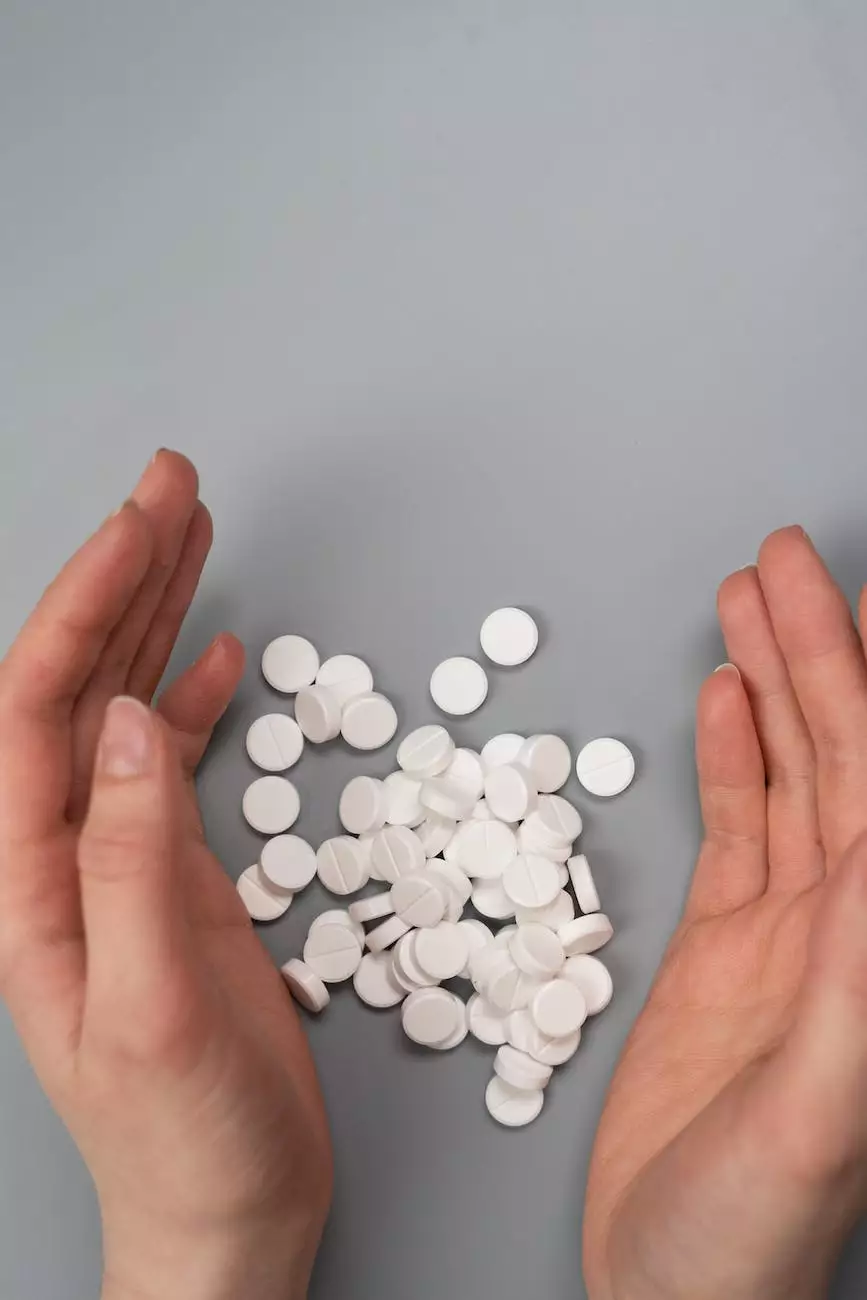Knee Lump - Symptoms, Causes, Treatments
Services
What is a Knee Lump?
A knee lump refers to any abnormal swelling or localized area of enlargement in and around the knee joint. These lumps can vary in size and may be accompanied by pain or discomfort. Understanding the symptoms, causes, and available treatments for knee lumps is crucial in managing and addressing this condition effectively.
Common Symptoms of Knee Lumps
When individuals develop knee lumps, they may experience various symptoms, including:
- Visible swelling: A noticeable increase in the size of the knee joint region, often accompanied by redness or warmth.
- Pain or tenderness: Discomfort or sensitivity in the affected area, particularly when pressure is applied or during movement.
- Limited range of motion: Difficulty fully extending or flexing the knee due to the presence of the lump.
- Stiffness: Feeling of tightness or reduced flexibility in the knee joint, leading to difficulty walking or performing daily activities.
- Additional symptoms: In some cases, knee lumps may be associated with other symptoms such as fever, weight loss, or fatigue. It is essential to consult with a healthcare professional for a proper evaluation and diagnosis.
Possible Causes of Knee Lumps
The development of knee lumps can be attributed to various underlying causes, including:
- Bursitis: Inflammation of the fluid-filled sacs (bursae) in the knee joint, commonly caused by repetitive movements, injury, or infection.
- Ganglion cysts: Noncancerous, fluid-filled sacs that often form on the tendons or joints of the knee.
- Infections: Bacterial or fungal infections that can lead to localized swelling and the formation of abscesses in the knee area.
- Soft tissue tumors: Rare growths that can develop in the knee region, including synovial sarcomas or lipomas.
- Osteoarthritis: A degenerative joint disease that can cause the formation of bone spurs or cysts in the knee.
- Rheumatoid arthritis: An autoimmune disorder that leads to chronic inflammation and can result in the formation of rheumatoid nodules around the joints, including the knee.
Treatment Options for Knee Lumps
Benjamin Shettell, MD offers a range of effective treatment options for knee lumps, tailored to the underlying cause and individual needs of the patient. Some possible treatments may include:
- Medications: Nonsteroidal anti-inflammatory drugs (NSAIDs) or corticosteroid injections to reduce inflammation and relieve pain.
- Physical therapy: Targeted exercises and stretches to improve knee function, reduce swelling, and enhance mobility.
- Aspiration or drainage: Removal of fluid from the knee lump using a needle and syringe under sterile conditions to alleviate discomfort and aid in diagnosis.
- Surgical intervention: In some cases, surgical procedures may be necessary to remove the lump, address underlying conditions, or repair damaged structures in the knee joint.
Trust Benjamin Shettell, MD for Comprehensive Bone, Joint, and Muscle Care
When it comes to comprehensive bone, joint, and muscle care, Benjamin Shettell, MD is a trusted healthcare professional with years of experience in diagnosing and treating knee lumps. Dr. Shettell understands the importance of accurate diagnosis, personalized treatment plans, and compassionate care.
If you or a loved one are experiencing symptoms associated with knee lumps, contact Benjamin Shettell, MD today to schedule an appointment. Dr. Shettell will assess your condition and recommend the most appropriate course of action to help you regain optimal knee health and overall well-being.




